Top 10 biggest wine producing countries
2021 was a year of mixed fortunes across the wine world, largely due to increasingly extreme weather conditions.
Late Spring frosts and Summer wild fires in Europe were particularly devastating. Yields in California were reduced by drought, though the quality was noted. The Southern Hemisphere, however, fared somewhat better. Apart from New Zealand, most of the key countries for production reaped the rewards of good conditions with record harvests.
Data from the International Organisation for Vine & Wine, OIV, indicates that though the November 2021 production estimates showed a divergence between the Old and New Worlds, Europe is still on top, with the biggest three producing countries accounting for 45% of global wine production altogether.
(mhl stands for million hectolitres. 1mhl equals 100million litres)
1. Italy – 44.5mhl
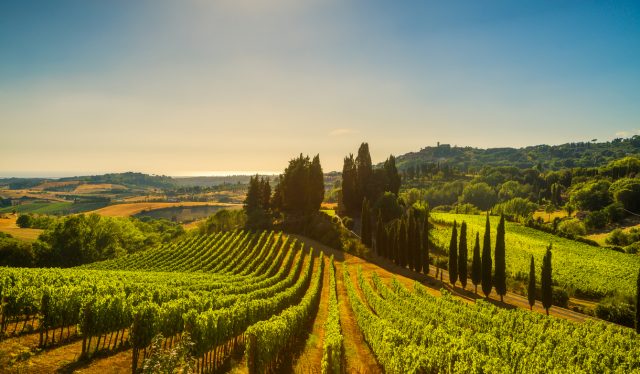
Leading the way is Italy. From premium Nebbiolo from Piemonte to mass-produced Montepulciano in Abruzzo, the country cultivates and vinifies an impressive selection of indigenous varieties. The 9% drop in wine production between 2020 and 2021 was largely due to unfavourable climatic conditions, but they are still leagues ahead of the closest contenders. Despite Italy bearing the brunt of Covid-19, particularly in Spring 2020, the country’s wine industry and wine sales have stood firm. Indeed, Prosecco performed surprisingly, arguably benefitting from changing consumer habits during the Pandemic.
2. Spain – 35.0mhl
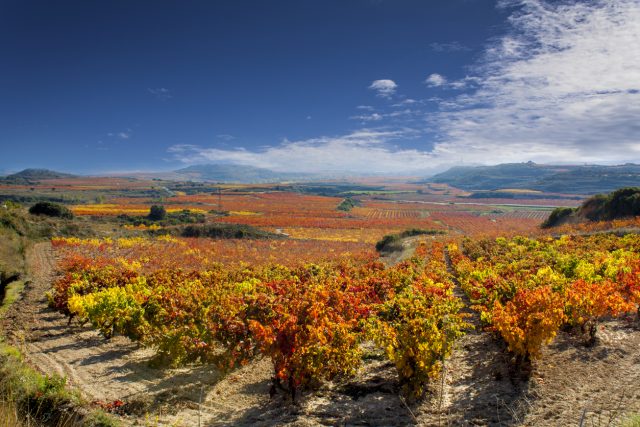
Second in the world, Spain’s estimated production for 2021 is 14% lower than that of 2020 and 9% below the five year average. Since Tempranillo, the most widely planted Spanish variety, alters its characteristics depending on conditions, climate change could prove to be disastrous for the industry. Miguel A Torres of Familia Torres warned that it could be “worse than phylloxera”. Spain, with its high growing season temperatures, is at the biting end of the crisis.
3. France – 34.2mhl
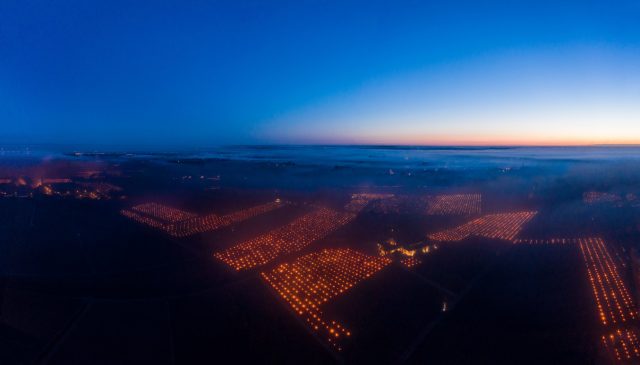
Though France may be considered the centre of the wine world and of wine culture, it has to settle for bronze when it comes to the estimated volume of wine produced last year. OIV pulls no punches, describing the 2021 vintage as “disastrous”. The 27% drop from 2020 can largely be attributed to nationwide late Spring frosts. The spectre of sub-zero temperatures wreaking havoc on vines appeared again this year. Violent Summer hailstorms were also especially destructive in Vouvray (and Ribera del Duero in Spain).
4. USA – 24.1mhl

The United States might have shocked France with the 1976 Judgement of Paris, but it will have to settle for missing out on a podium finish when it comes to the volume of wine produced. Water shortages in California have been a consistent cause for concern. However, the estimated 2021 national production is still 6% higher than that of 2020, when fires caused significant damage across Napa and Sonoma.
5. Australia – 14.2mhl
Partner Content
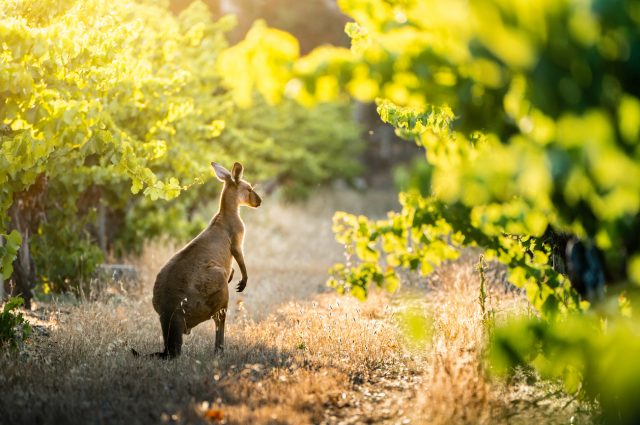
Relatively favourable climatic conditions helped Australia to register its highest yields since 2006. The dramatic 30% rise from the previous harvest is partly due to the damage done by fire and smoke in 2020. It is also worth noting that due to harvest in the Southern Hemisphere taking place during the first trimester of 2021, preliminary figures tend to be more accurate than those from the Northern Hemisphere.
6. Chile – 13.4mhl
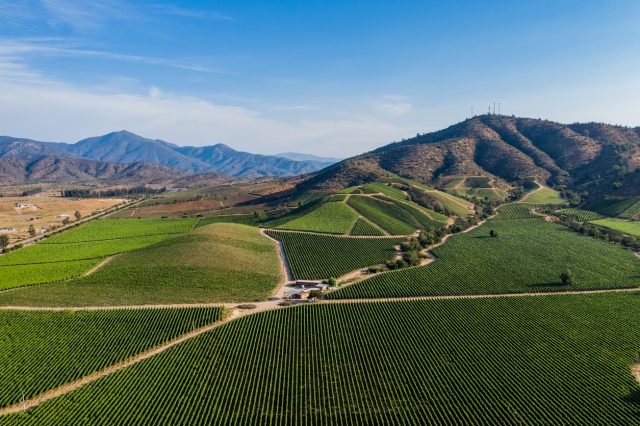
The absence of extreme weather conditions caused by El Niño was good news for South American viticulture. Chile recorded its highest harvest in two decades, 30% more than the 2020 level. Though the country is typically associated with black grapes such as Carménère and Merlot, Chilean rosé and white wine is also starting to receive international attention. The outlook for the 2022 vintage is also fairly rosy, with Santa Rita Estates’ mid-harvest report hinting towards record production.
7. Argentina – 12.5mhl
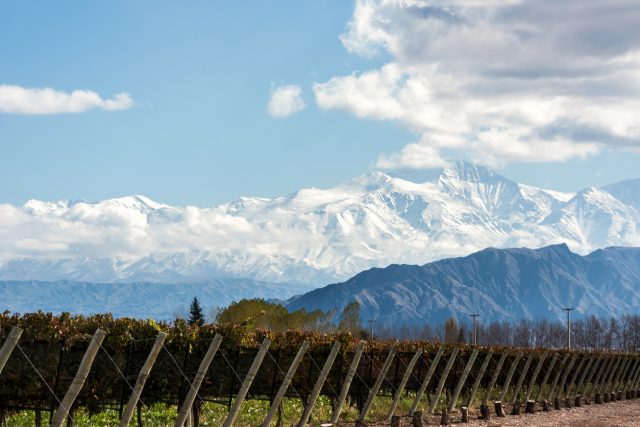
Though Argentina’s 16% increase from its estimated 2020 production is relatively modest compared to that of Chile, it is nevertheless a good result. Hailstorms are particularly perilous in Mendoza, with the hailstones causing significant damage to the berries and leaves.
8. South Africa – 10.6mhl
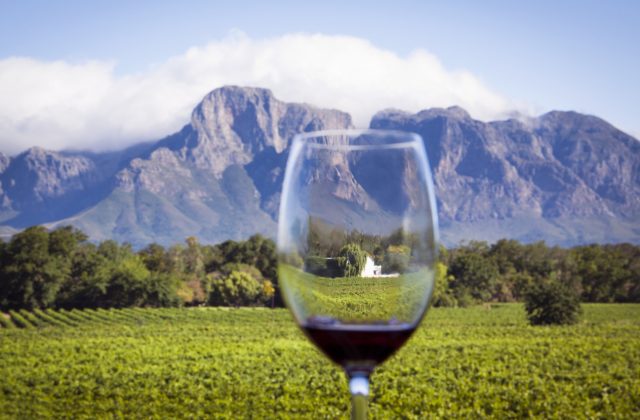
From 2016, South Africa was blighted by drought, but the 2% increase in production from 2020 to 2021 marks the third consecutive year of growth as the country’s winemakers recover. Cool temperatures and high rainfall also proved to be favourable, enabling a grape harvest of 1,461,599 tonnes (give or take). The lifting of export bans (and local prohibition) is also good news for the country.
9. Germany – 8.8mhl
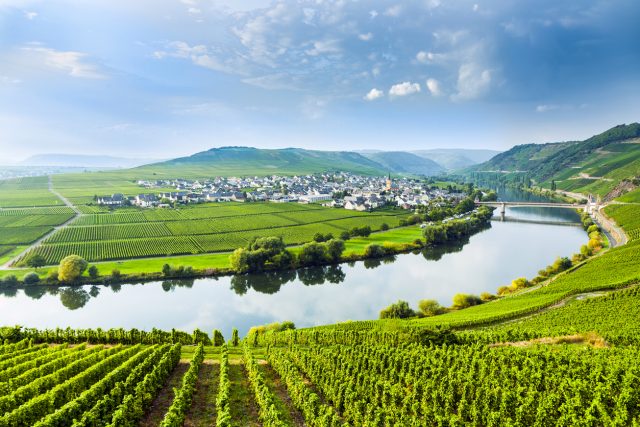
Increasing by 4% from the 2020 level, Germany is Europe’s fourth biggest producer. Frost was an issue, and floods were especially destructive in the Ahr Valley. Despite natural disasters, Germany achieved positive growth from 2020, unlike any of the other European nations on this list. The country can also boast about the successful return of ProWein earlier this month, though this year’s show did not quite reach the pre-Pandemic peak.
10. China – N/A
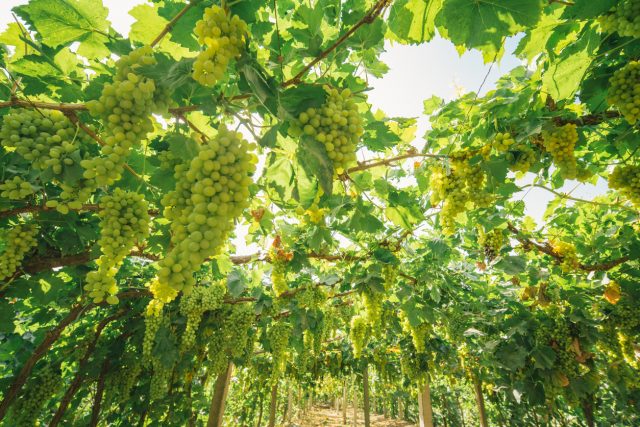
China may seem to be an emerging wine juggernaut, but its production figures are hidden behind a veil of secrecy. OIV does not provide predicted 2021 vintage figures for China. Figures from the country are frequently revised and are therefore unreliable, but the estimated 2020 figure of 6.6mhl marked the fourth consecutive year of decline in the size of the Chinese wine sector. OIV cites “structural problems” as factors hindering the wine industry in the People’s Republic. However, the country’s vineyard surface area (roughly 10% of the global area under vine) puts it on a similar footing to France and Italy. A recent 95 point score from Robert Parker Wine Advocate suggests that quantity may be giving way to quality.
*If China is excluded, due to the absence of OIV-confirmed figures, then Portugal would be in tenth place with an estimated 2021 production 6.5mhl, 1% above the 2020 level.
Related news
For the ninth day of Christmas…




